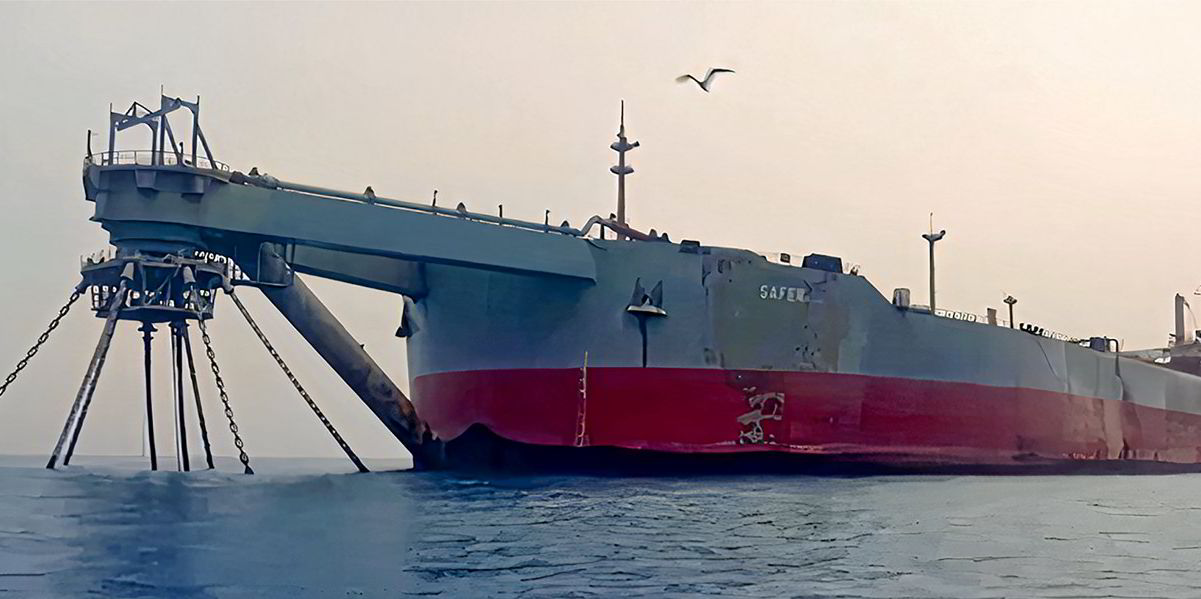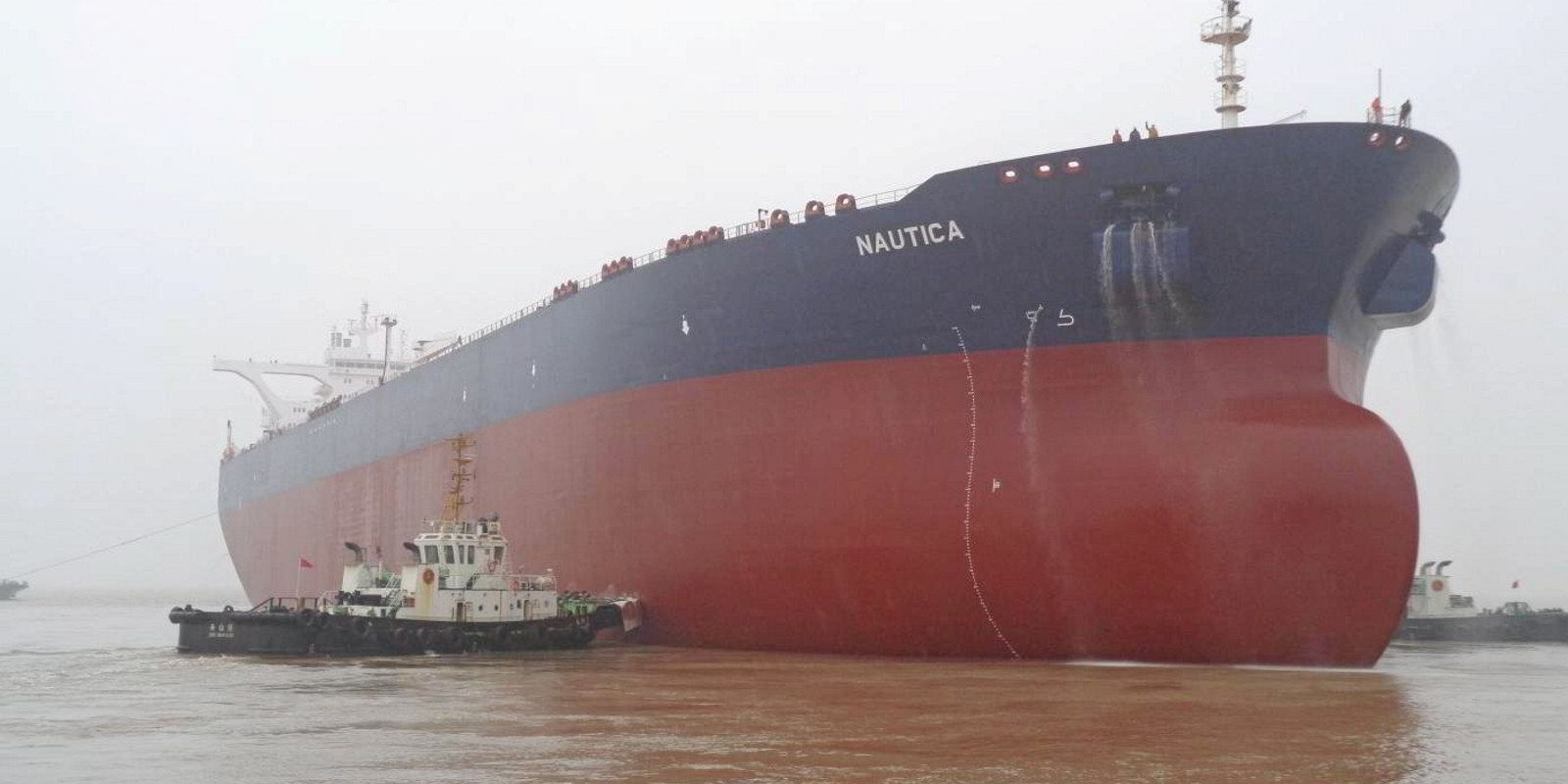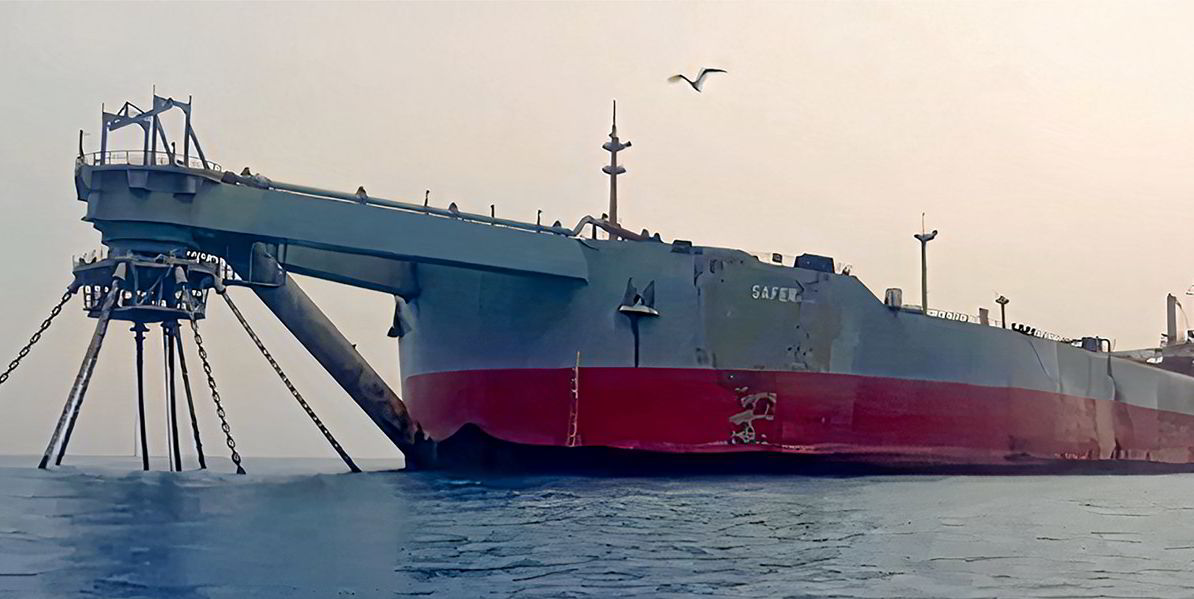A VLCC that the United Nations bought from Euronav has set out to help salvage a decaying floating storage and offloading (FSO) unit off Yemen.
But the UN is still short of funds to complete the operation.
The 307,000-dwt Nautica (built 2008) left Zhoushan, China, on Thursday, the UN said in a statement as it urged donors to plow more cash into the project.
“The spiralling cost for VLCCs in a market affected by the war in Ukraine and other factors” has been part of the reason why the project has gone over budget, the New York-based organisation said.
Funding pledges to help plug the hole are stuck.
As of Tuesday, the UN had received firm commitments for $95m. That is the same as about a month ago and leaves a $34m funding gap to complete the emergency phase of the plan.
“More funding is needed,” the UN said. It appealled to states, companies and private individuals to contribute more money through an ongoing crowdfunding effort.
In a shipping market that saw the price of tankers soar after the outbreak of the Ukraine war, the Nautica’s purchase accounts for more than one-third of the project’s overall cost.
Neither Euronav nor the UN have officially revealed at what price they agreed the transaction on 10 March.
TradeWinds has reported that the vessel changed hands for $55m.
Then, there are expenses for the ship’s regular maintenance and modifications, which were completed at Zhoushan.
After setting sail from China on Thursday, the vessel is expected to arrive at the 406,600-dwt FSO Safer (built 1976) off Yemen’s Red Sea coast in May.
Another service provider who will need to be paid then is marine salvage company Smit, which the UN hired to safely remove about 1m barrels of oil from the former super-tanker and prepare it for towing to a green salvage yard.
Euronav’s involvement does not stop with the Nautica’s sale. The VLCC will remain off Yemen for months after receiving the Safer’s oil and Euronav will help operate its former ship throughout that period.
Financial worries notwithstanding, the biggest danger remains that the Safer falls apart before the Nautica’s arrival.
Moored since 1988 about nine kilometres off Yemen’s Ras Isa peninsula, the FSO could “explode or break up at any time”, according to the UN.
“We are in a race against time,” said Achim Steiner, administrator with the UN Development Programme, which is coordinating the effort.

“The sailing of the vessel that will take on the Safer’s oil brings us closer to preventing a catastrophe,” said David Gressly, the UN resident and Humanitarian Coordinator for Yemen, who has led on UN system-wide efforts on the Safer since September 2021.
“We just need the final piece of funding this month to ensure success,” Gressly said.




